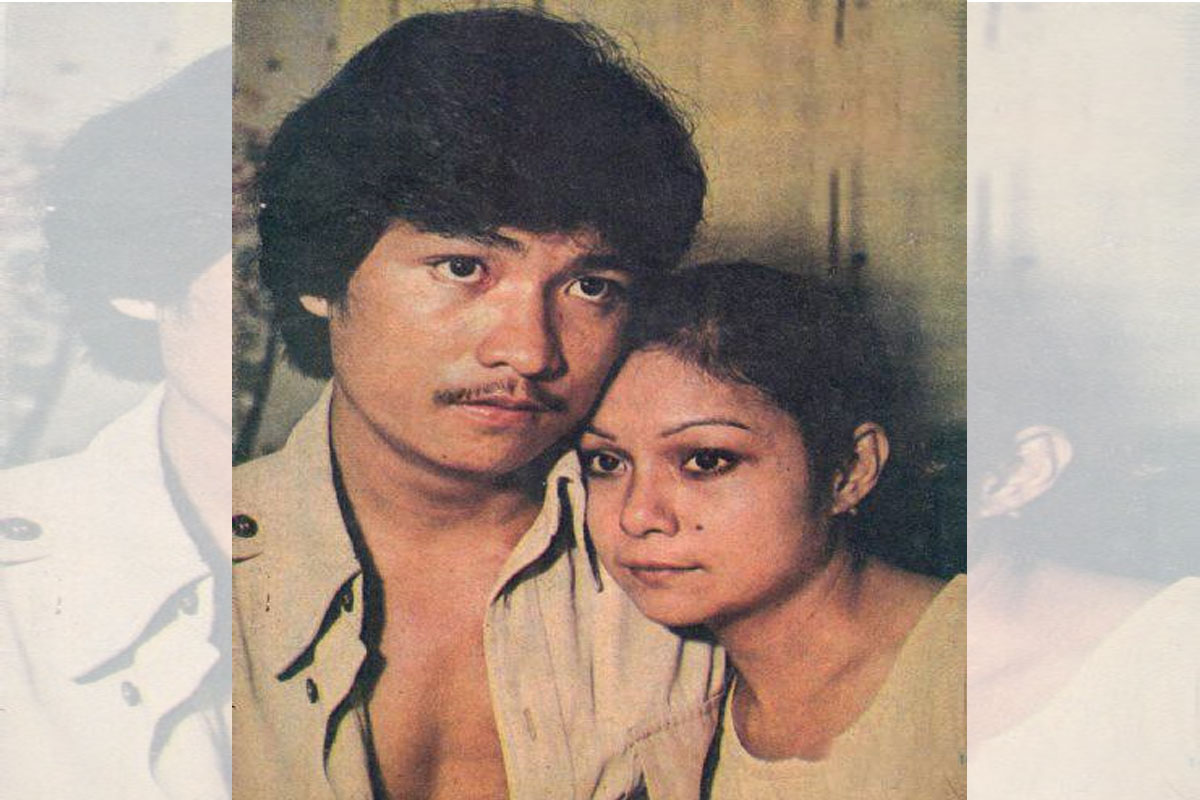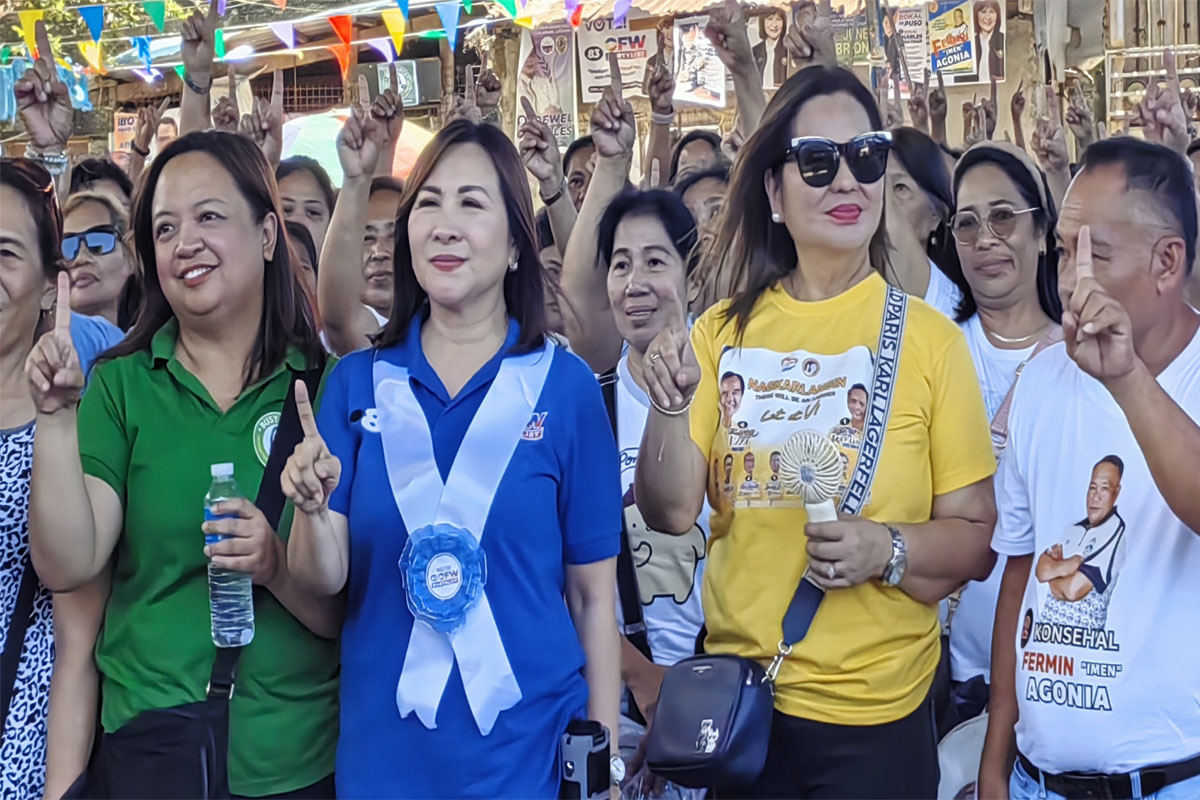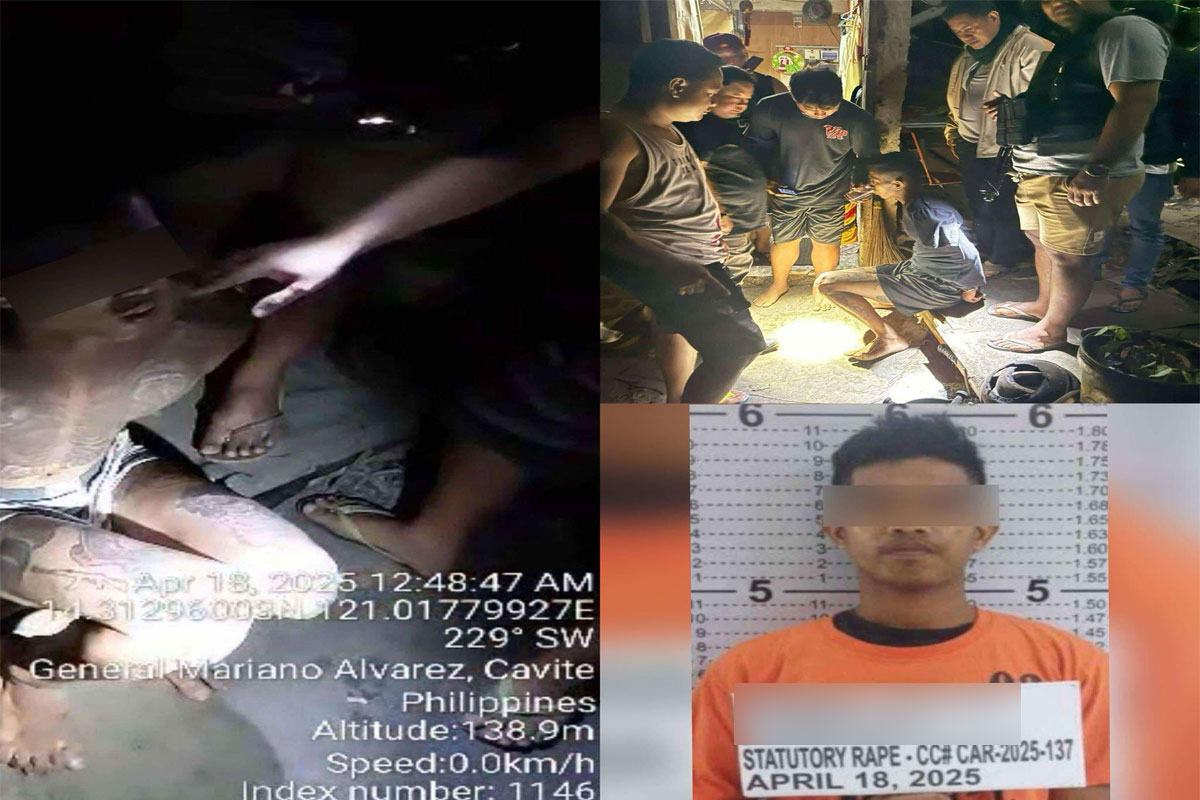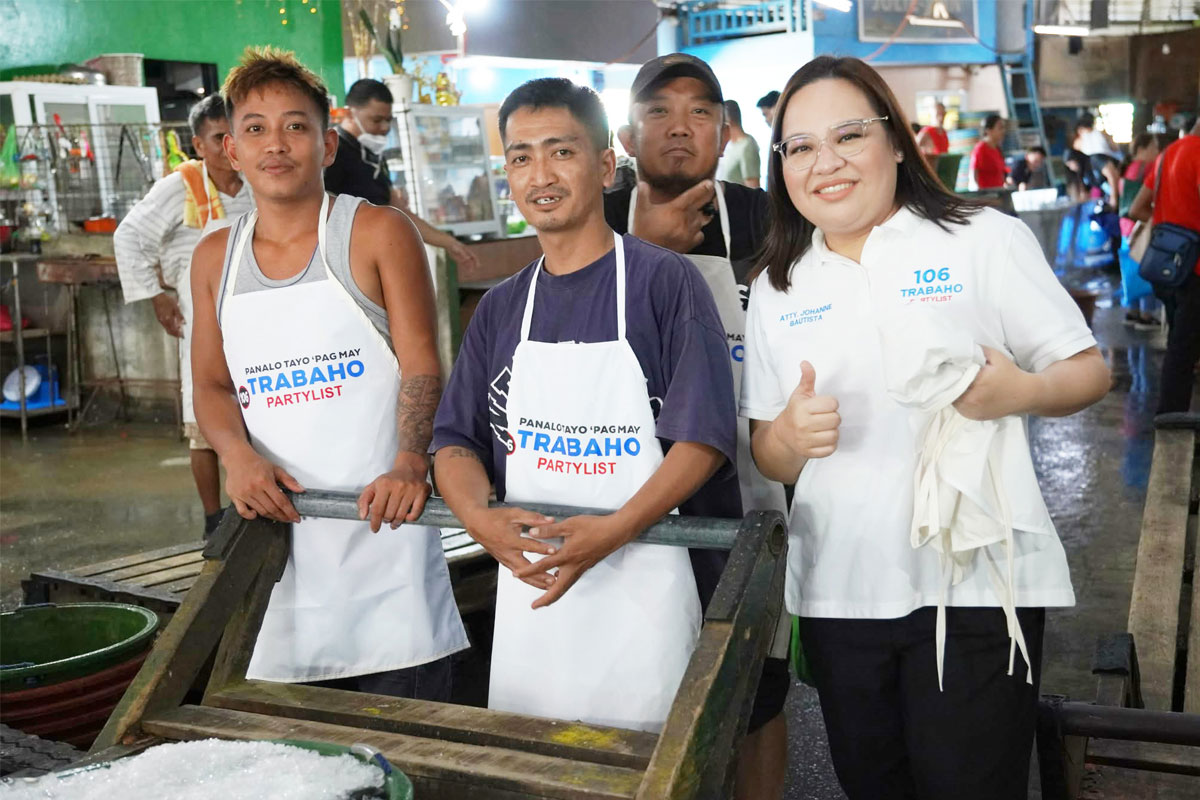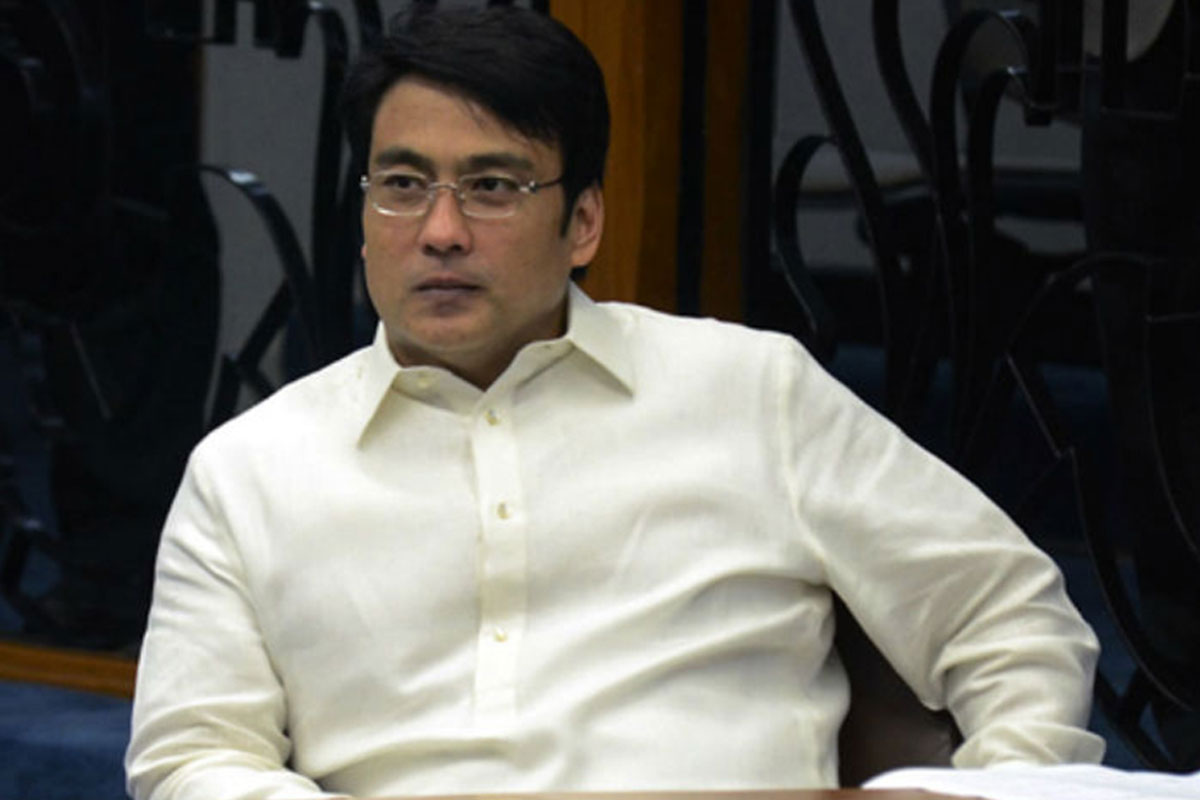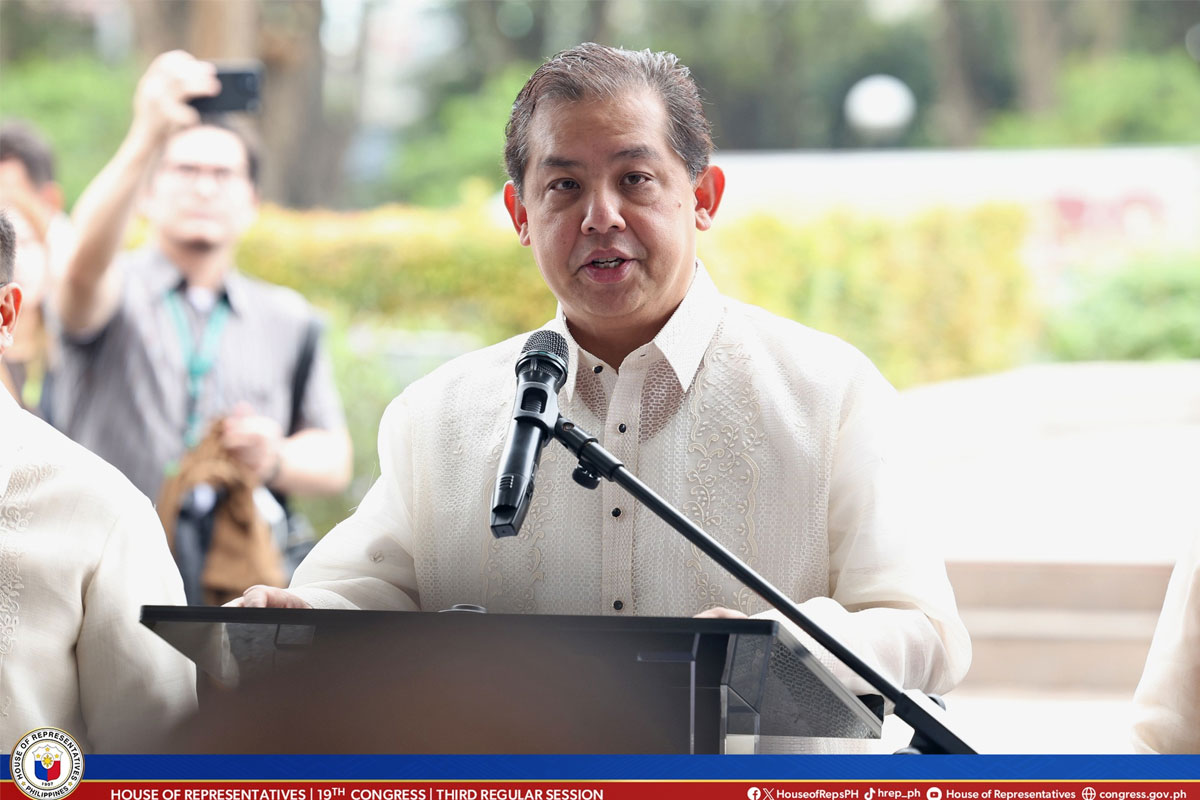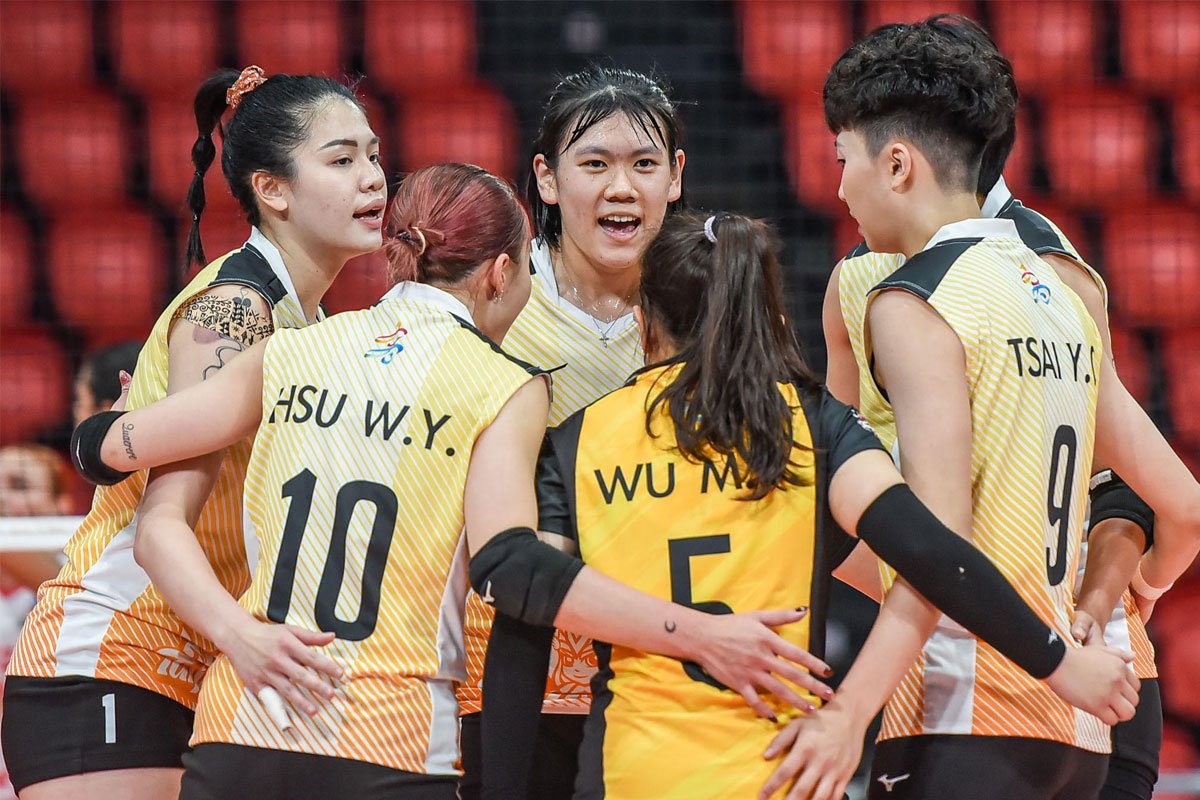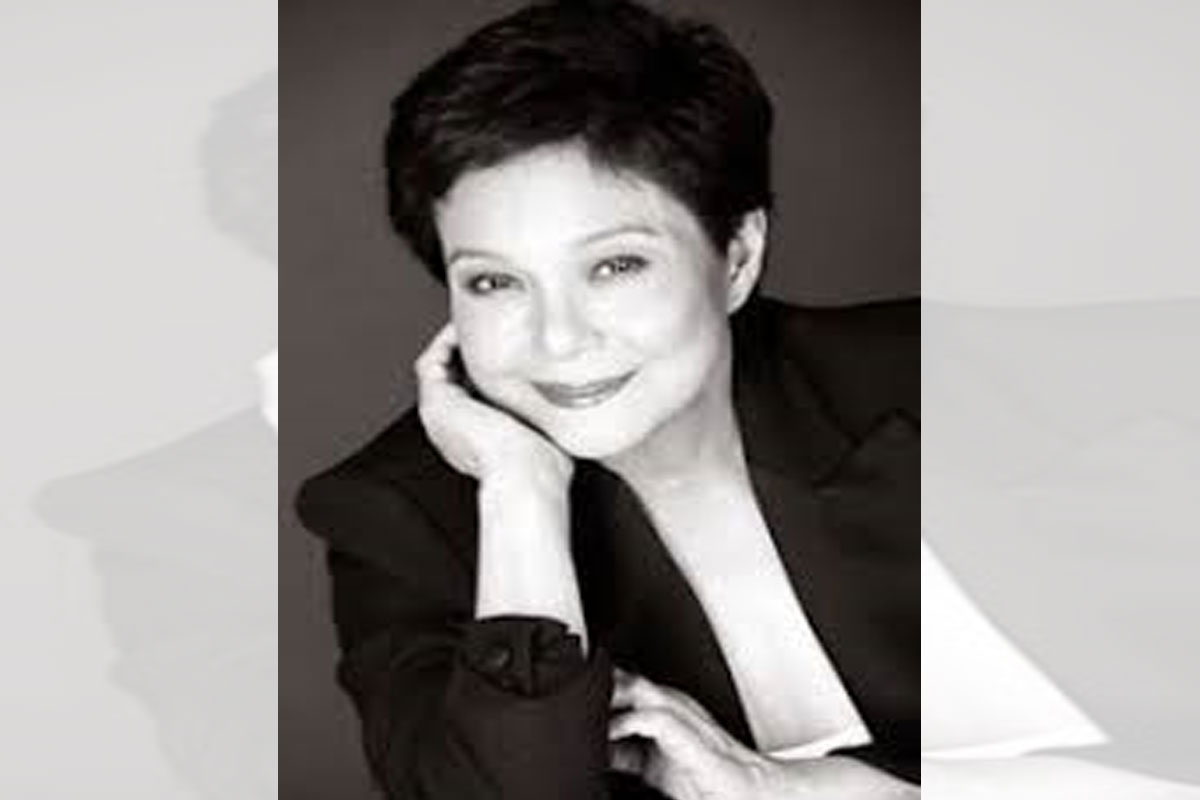
Looking back with Nikki
 NOW that was a good one on one I had with Nikki Coseteng at The Perfect Pint at the Proscenium in Rockwell a few days ago.
NOW that was a good one on one I had with Nikki Coseteng at The Perfect Pint at the Proscenium in Rockwell a few days ago.
For those unfamiliar with this lady, before she became a Congresswoman, two terms, and a Senator, she was the first and only team owner and team manager of a PBA club in its early years, the Mariwasa ballclub that was known by different monickers, Honda, Noritake, Finance, and Galerie Dominique .
To her father Emerson Coseteng belongs the honor of being the very first and founding President of the PBA when it was born in 1975, the result of the war between the Basketball Association of the Philippines(BAP), led by Lito Puyat, and the MICAA team owners with Emerson at the helm.
The issue was the tug of war for the services of the players between the national team and the commercial teams that employed them.
And if it was Joy Dionisio from Concepcion Carriers who scored the first basket in the pro league, it was Emerson’s team Noritake that posted the very first team victory in the PBA, beating Concepcion 101-98.
Old timers in basketball will remember the likes of early imports Billy Robinson and Cisco Oliver who suited up with Mariwasa, together with locals like Jun Papa, Jesse Sullano, Alejandrito Miego, lefty Mariano Figuracion, Felix Flores, Boy Marquez, Jake Rojas, Ponky Alolor, and Ulysses Rodriguez, just to name a few who donned the team’s colors.
Mariwasa ‘s best performance was in 1977 when it finished second to Crispa, the first time that the famed Crispa-Toyota finals match up was broken, the franchise disbanded its team and left the league after eight seasons.
And this is where my meeting Nikki begins.
She grew up in a sports-oriented family and was still a kid when Emerson used to bring the family to watch commercial basketball league games, times when the team owners themselves were the ones sitting with their teams.
Basketball was the favorite of her Dad and Nikki says he went into business not to ensure a generational wealth for the family but to be able to afford and enjoy sports, this with a smile, remembering all the times she spent in basketball with her late father.
Nikki acknowledged that compared to other PBA teams, Mariwasa was not as big as the other conglomerates, player salaries and perks were far from what Crispa and Toyota players were getting.
Their players knew it and in fairness, did not demand those things. A few players were even living in their employees’ quarters.
Her father suffered a stroke in the late 70’s, and could not manage the team the hands on way he used to.
Nikki had to take over amidst economic difficulties for the country that severely affected the Mariwasa group, this amidst the social unrest at that time.
And she was then an activist already.
After the 1983 season, her limited resources could not maintain Mariwasa, then playing as Galerie Dominique, the art gallery she owned. Fact is, she had to sell a lot of her valuable paintings and other stuff to keep the team afloat.
She made the final decision after her father passed away July 1983 following another stroke. But shared that as long as her father was alive, she could not deprive him of his remaining happiness of watching his PBA team.
Everything she did for the team was for her Dad.
But one thing she can never forget about her stint in the PBA was the time she punched a referee in the chest near the dug out at Araneta Coliseum.
This was after her team lost in overtime to Crispa, with a three-point lead and seven seconds left.
The referee, she could not recall the name, called a blocking foul on one of her players against a driving Philip Cesar, and Nikki was raging mad, believing it was a wrong call.
I missed this incident but as you can see, it remained etched in Nikki’s memory and will be there as long as she lives.
She went into politics after that, a street parliamentarian during the EDSA Revolution, then to both the House of Representatives and the Senate, believing she can do something as a legislator.
Her final run in politics came in 2010 when she run anew as Senator but it was more of wanting to know how computerized elections work, and as she expected, she lost.
But now at 70 years old with six grandkids with her two children, she believes she has left her legacy of elevating the role of women beyond the traditional stereo type, that they should be included in all conversations , their inputs valued.
With that, we ended our extended conversation.
For comments and suggestions, email to l[email protected]


